iPad and alternative tablet gifts: 2012 holiday guide
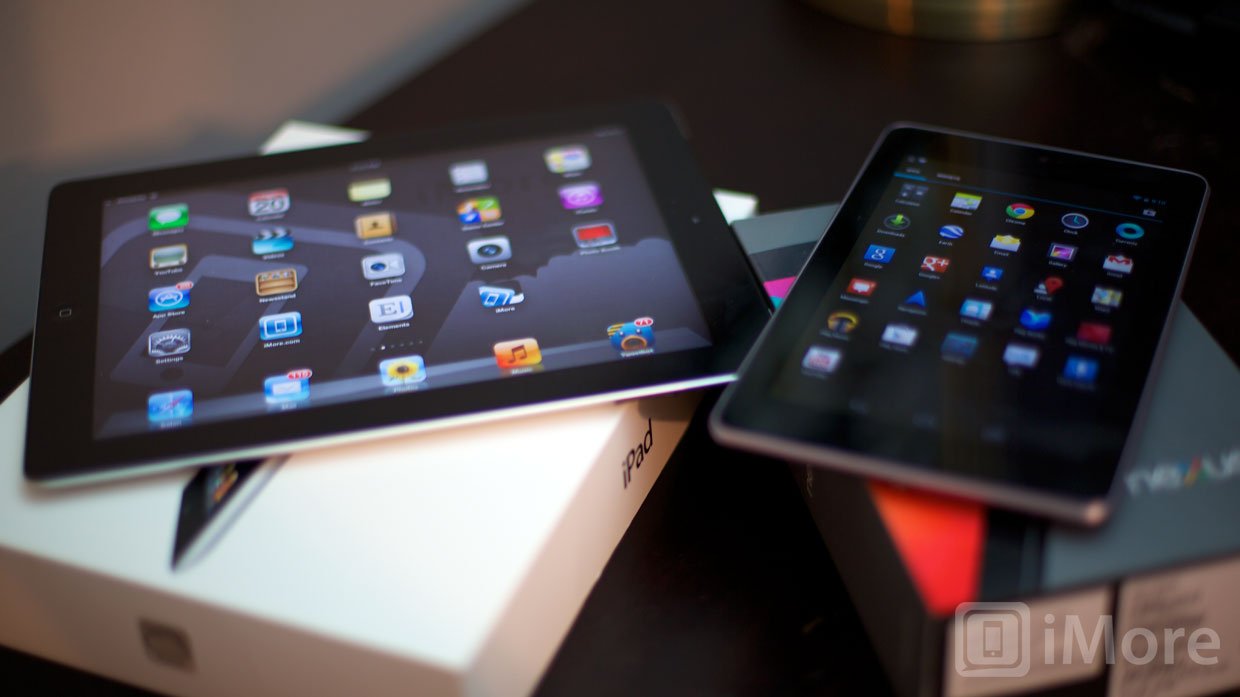
iMore offers spot-on advice and guidance from our team of experts, with decades of Apple device experience to lean on. Learn more with iMore!
You are now subscribed
Your newsletter sign-up was successful
The definitive guide to getting the perfect tablet gift for Black Friday and the holidays!
If you're looking at getting someone a tablet this year, chances are you're looking to get them an iPad. For most people, most of the time, the iPad remains the best combination of technology, experience, and content on the market. But which iPad should you get, the latest, greatest iPad 4 or the thinner, lighter, iPad mini? Should you consider an iPod touch instead? And what about alternatives? I Apple isn't the right answer, should you look at the Nexus 7 or Nexus 10, or an Amazon Kindle Fire HD, or a Microsoft Surface instead? Lets break it down.
iPad
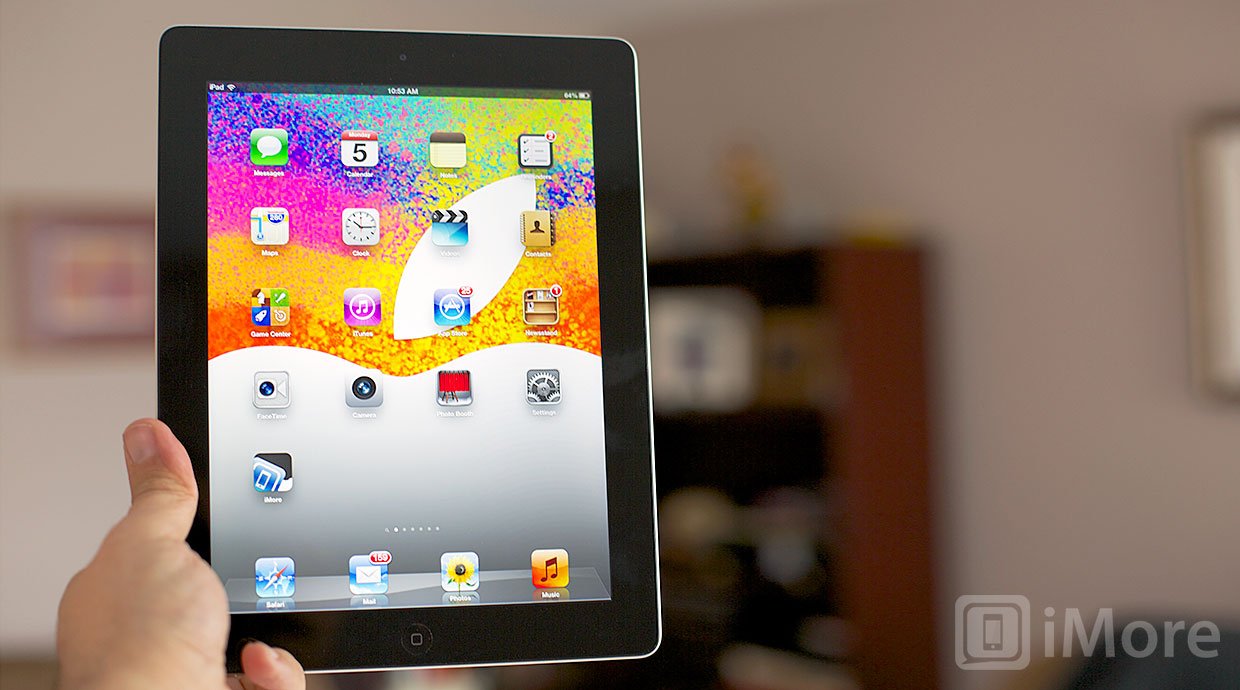
If you need a tablet powerful enough to get things done, get an iPad 4
The iPad is the first, successful, mainstream tablet. If you're considering getting a tablet for yourself or as a gift, this is where to to start.
Pros: High density screen. 720p front camera, 1080p rear camera. 16GB, 32GB, and 64GB options. Available with black or white front plates. Plays audio and video, reads ebooks. Runs iOS, all App Store apps, including hundreds of thousands of tablet-specific iPad apps. Weighs 652 grams. Starts at $499. Cellular/LTE available.
Cons: Heavier than iPad mini, not as powerful as a full-on laptop.
Bottom line: If you want something more accessible, enjoyable, and portable than a laptop, but still want a big screen and plenty of power to get things done, get an iPad 4.
More info: iPad 4 review & feature guide
Note: If you don't care about the latest and the greatest, you can grab the 2010/2011 iPad 2 with a worse screen, no LTE, and really bad cameras, and save $100.
iMore offers spot-on advice and guidance from our team of experts, with decades of Apple device experience to lean on. Learn more with iMore!
iPad mini
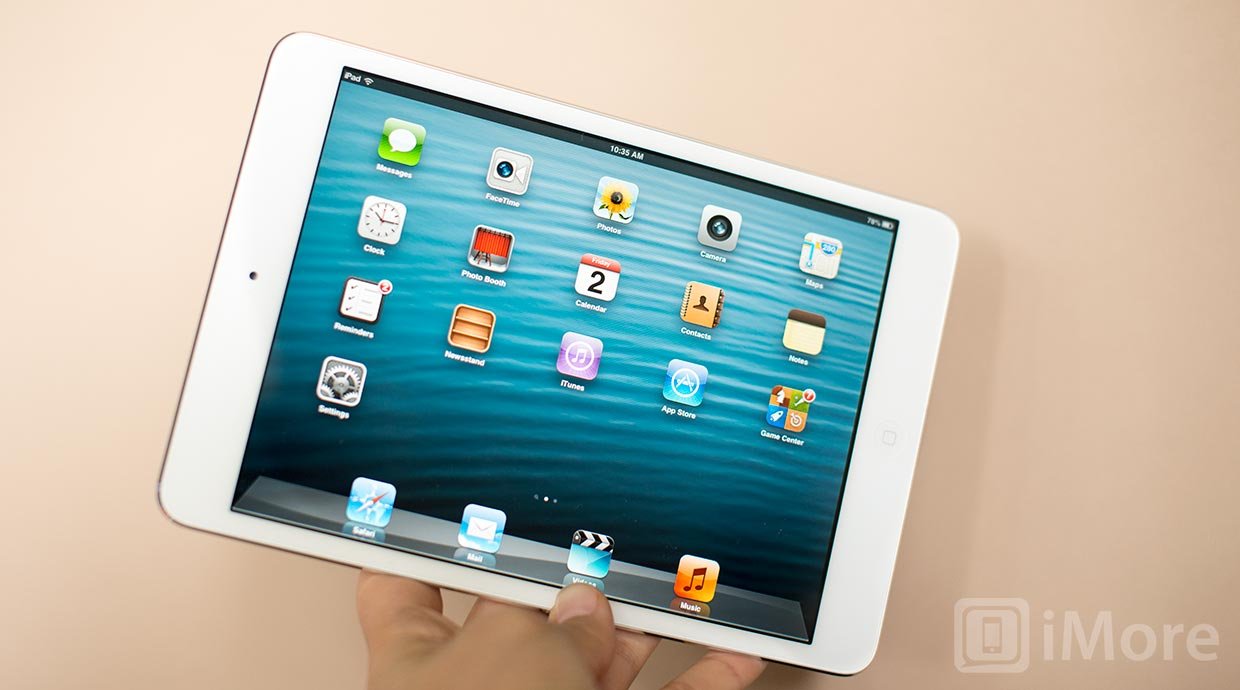
If you need a companion tablet more than a productivity machine, you want an iPad mini
The iPad mini is just like the full-sized iPad, only a little smaller and a lot lighter. It's a great alternative for people for whom the big iPad would be perfect... if only it wasn't so big.
Pros: 1080p rear camera, 720p front camera. 16GB, 32GB, and 64GB options. Available in slate (black) or silver (white). Plays audio and video, reads ebooks. Runs iOS, all App Store apps, including hundreds of thousands of tablet-specific iPad apps. Fits in purses, large jacket pockets. Weighs 308 grams. Starts at $329. Cellular/LTE available.
Cons: No high density Retina display, less powerful than iPad 4.
Bottom line: If you want a tablet but already have an ultralight laptop (like the MacBook Air) to lug around, or the full-size iPad is just too big and heavy, save some size and weight and get the iPad mini.
More info: iPad mini review & feature guide
- Starting at $329 - Buy now
iPod touch
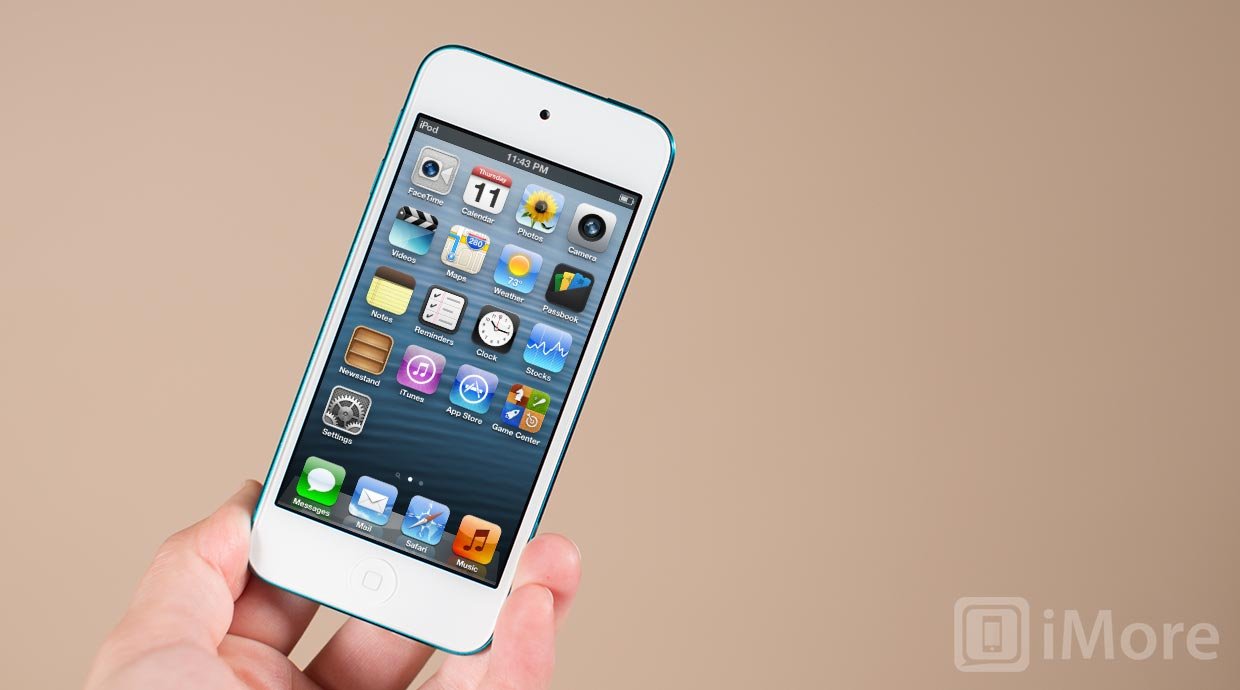
If you need an incredibly small tablet to keep in your pocket, you want the iPod touch
While you might not think about the iPod touch as a tablet, it does everything a tablet can do, and still manages to fit in even very small pockets.
Pros: 720p front camera, 1080p rear camera. 32GB and 64GB options. Available in slate (black), silver (white), pink, blue, and red (Apple Store exclusive). Runs iOS, can play audio and video, read ebooks, and run hundreds of thousands of App Store apps and games.
Cons: No cellular option (3G/LTE). Can't run iPad apps. Smaller screen than iPad line.
Bottom line: If even the iPad mini is still too big, and you want your computing literally in your pocket, along with access to the App Store, get the incredibly mobile iPod touch.
- Starting at $299 - Buy now
Note: If you don't care about the latest and the greatest, you can grab the 2010/2011 model with a worse screen and really bad cameras, and save $100.
BlackBerry Playbook
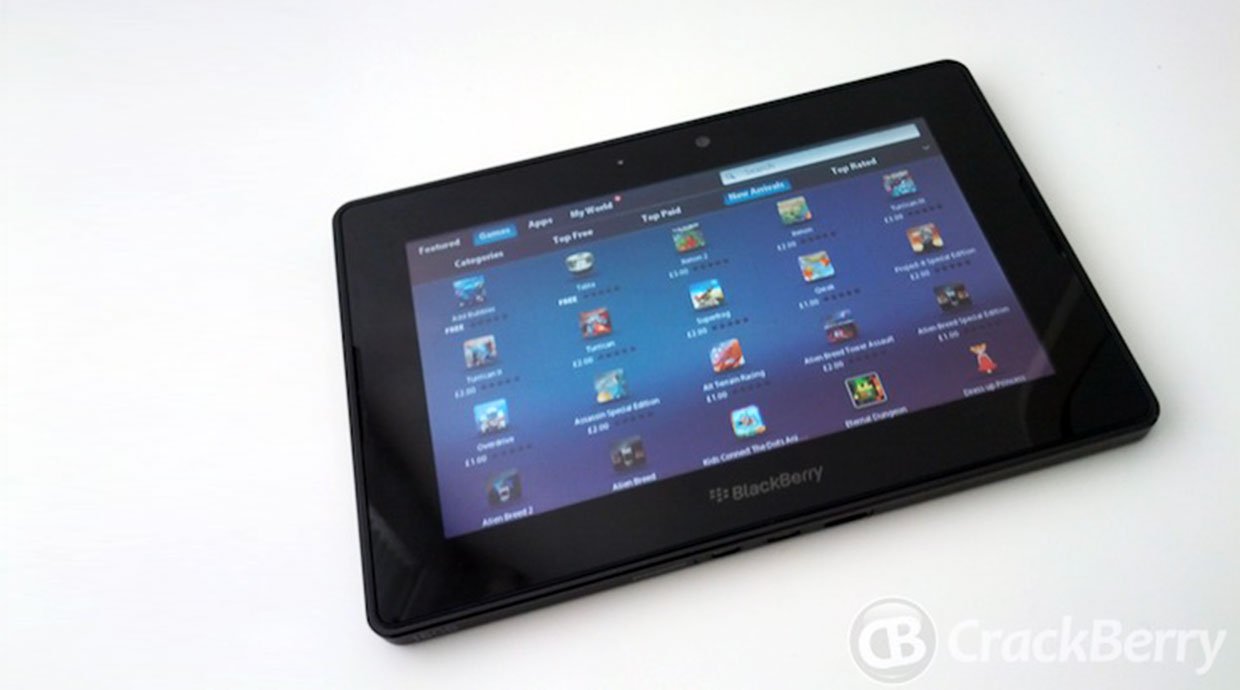
If you need a name-brand tablet at the absolutely lowest price on the market, you want the BlackBerry Playbook
If the most important feature for you in any tablet is price, the BlackBerry Playbook is absolutely the cheapest 7-inch tablet from a major player on the market.
Pros: 720p front camera, 1080p rear camera. Upgradeable to BlackBerry 10 in 2013. Wi-Fi version can be found for as little as $150 if you shop around.
Cons: No high density display, less software choice than iPad.
Bottom line: If price is your only concern, get the BlackBerry Playbook
- Starting at $150 - Buy now
More: BlackBerry PlayBook review
Google/Asus Nexus 7
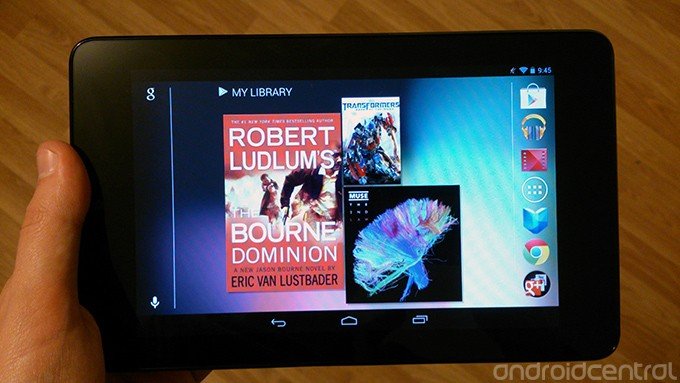
If you need a small tablet that still has big Android power, you want the Nexus 7
If the iPad mini is a little too big, and the iPod touch is way too small, and you prefer Google to Apple anyway, the Google/Asus Nexus 7 is the best small Android tablet on the market.
Pros: Higher density display than iPad mini. Excellent integration with all Google services. Starts at only $199 for 16GB. Cellular option.
Cons: No rear camera. More like a big iPod touch than a small tablet (paucity of tablet-optimized interfaces/apps). No LTE.
Bottom line: If you use a lot of Google services, and Google Play has a lot of content in your area, the Nexus 7 is the best small Android tablet on the market, and a good "bigger" alternative to the iPod touch.
More: Complete Nexus 7 review
- Starting at $199 - Buy now
Kindle Fire HD 7
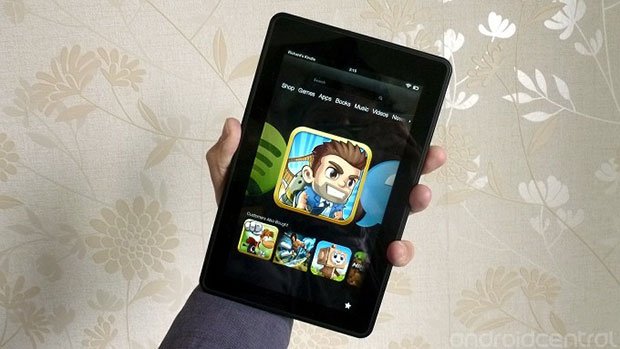
If you want a small, cheap media device totally tied to Amazon's ecosystem, you want the Kindle Fire HD 7
The Kindle Fire HD 7 is more media appliance than tablet, but if you're in the U.S. and all-in on Amazon's ecosystem, the Kindle Fire HD 7 is a low-cost iPad alternative.
Pros: Excellent for media. Cellular/LTE option. Starts at only $199.
Cons: Lower density display than iPad 4. Not as good for general computing. Only available in a handful of countries.
Bottom line: If you're looking for small, cheap device to read, listen to, watch, and play Amazon content, you want the Kindle Fire HD 7.
- Starting at $199 - Buy now
Kindle Fire HD 8.9
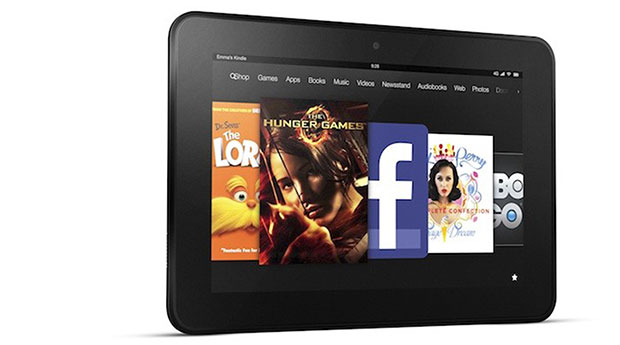
If you want a cheap media device totally tied to Amazon's ecosystem, with a bigger screen, you want the Kindle Fire HD 8.9
Like the Kindle Fire HD 7, only bigger -- though not as big as a full-sized iPad -- and with a cellular option, if that's important to you.
Pros: 8.9-inch high-density screen. Cellular option available. Starts at only $299.
Cons: Not as good for general computing. Only available in a handful of countries.
Bottom line: If you want to read, listen to, watch, and play Amazon content, but you want to do it on a bigger screen, get the incredibly cheap Kindle Fire HD 8.9. .
- Starting at $299 - Buy now
Google/Samsung Nexus 10
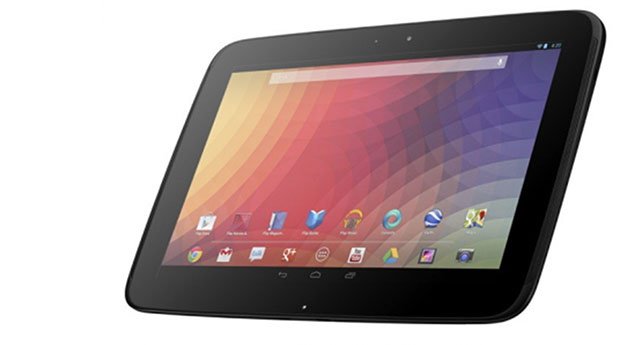
If you need a full-sized tablet with all the latest specs and Android software, you want the Google/Samsung Nexus 10
The Nexus 10 is slightly bigger than the iPad, and while it still lacks consistent tablet-optimized interfaces and apps, it's also slightly more like a traditional, multi-window computer than iOS.
Pros: Higher density screen than iPad 4. 720p front camera, 1080p rear camera. 16GB/32GB options. No LTE option (yet). Starts at $399.
Cons: Paucity of tablet apps, inconsistent tablet interface.
Bottom line: If you really want an Android tablet, and a big screen, get the incredibly cheap Nexus 10.
- Starting at $399 - Buy now
Microsoft Surface RT
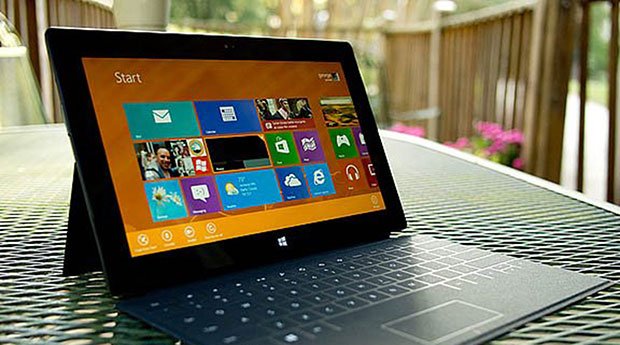
If you need something closer to a netbook than a tablet, you want the Surface RT.
While Microsoft's tablet remains confusing and confounding, if you absolutely can't decide between a Windows netbook and a tablet, the Surface might be worth checking out.
Pros: Has elegant Metro interface. Lots of ports. Can run Office. 32GB/64GB options.
Cons: Product line is needlessly complex. Requires touch-unfriendly Windows under-layer to run Office. Office is also touch-unfriendly.
Bottom line: The Surface is brand new and it usually takes Microsoft 2 or 3 generations to nail a product. Still, if you absolutely have to have something that's part tablet, part netbook, get a Surface with a Type cover.
More: Complete Microsoft Surface review
- Starts at $499 - Buy now
Which tablet are you getting?
If you're shopping for a new tablet this Black Friday or holiday season, are you sticking with the tried-and-true iPad? Going small with the iPad mini or even smaller with the iPad touch? Or are you zigging instead of zagging and getting something by Google ro Amazon or Microsoft instead? Let me know what you bring home, and why you chose the way you did!

Rene Ritchie is one of the most respected Apple analysts in the business, reaching a combined audience of over 40 million readers a month. His YouTube channel, Vector, has over 90 thousand subscribers and 14 million views and his podcasts, including Debug, have been downloaded over 20 million times. He also regularly co-hosts MacBreak Weekly for the TWiT network and co-hosted CES Live! and Talk Mobile. Based in Montreal, Rene is a former director of product marketing, web developer, and graphic designer. He's authored several books and appeared on numerous television and radio segments to discuss Apple and the technology industry. When not working, he likes to cook, grapple, and spend time with his friends and family.
